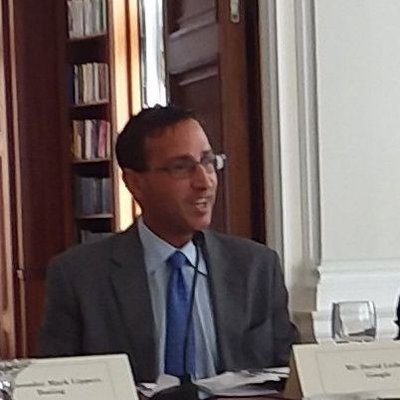Human Rights Requirements of Cross-Border Data Demands
Moderators 
Director, Project on Freedom, Security and Technology, Center for Democracy & Technology
Cybersecurity, surveillance, United States surveillance laws, ECPA, cross border law enforcement demands for Internet users' communications, encryption

Policy Officer, Privacy International
Lucy is Policy Officer with Privacy International and leads the global policy work on cybersecurity and identity. She works across the organisation and with international partners to develop policy recommendations and positions based on research project findings.Lucy previously managed...
Read More →
Executive Director, Derechos Digitales

Senior Policy Advisor, European Digital Rights (EDRi)
Maryant is a Senior Policy Advisor at European Digital Rights (EDRi) and a lawyer admitted to the Madrid Bar association. Maryant defends human rights and fundamental freedoms online in the European Union. She works on surveillance and law enforcement, intermediary liability (e-commerce...
Read More →
Director, Privacy Policy Counsel, TikTok
David Lieber is a Director and Privacy Policy Counsel for TikTok based in Washington, D.C. In that capacity, David works on privacy, cybersecurity, government access and issues on TikTok's Public Policy team. Prior to joining TikTok, David spend over a decade at Google, where he worked...
Read More →RM
Human Rights ambassador, Finland

Assistant General Counsel, Microsoft Corporation
Thursday May 17, 2018 12:00 - 13:15 EDT
201A


